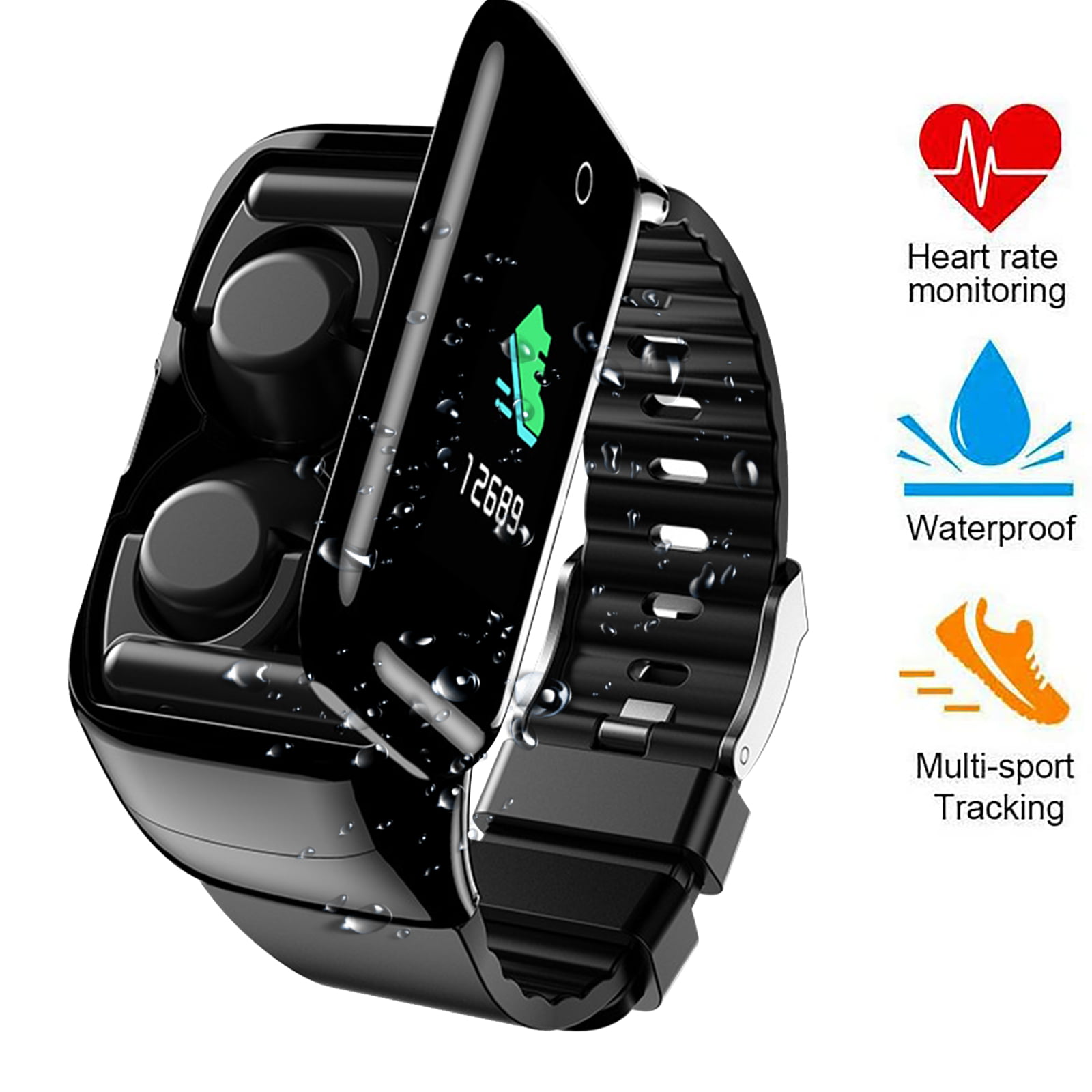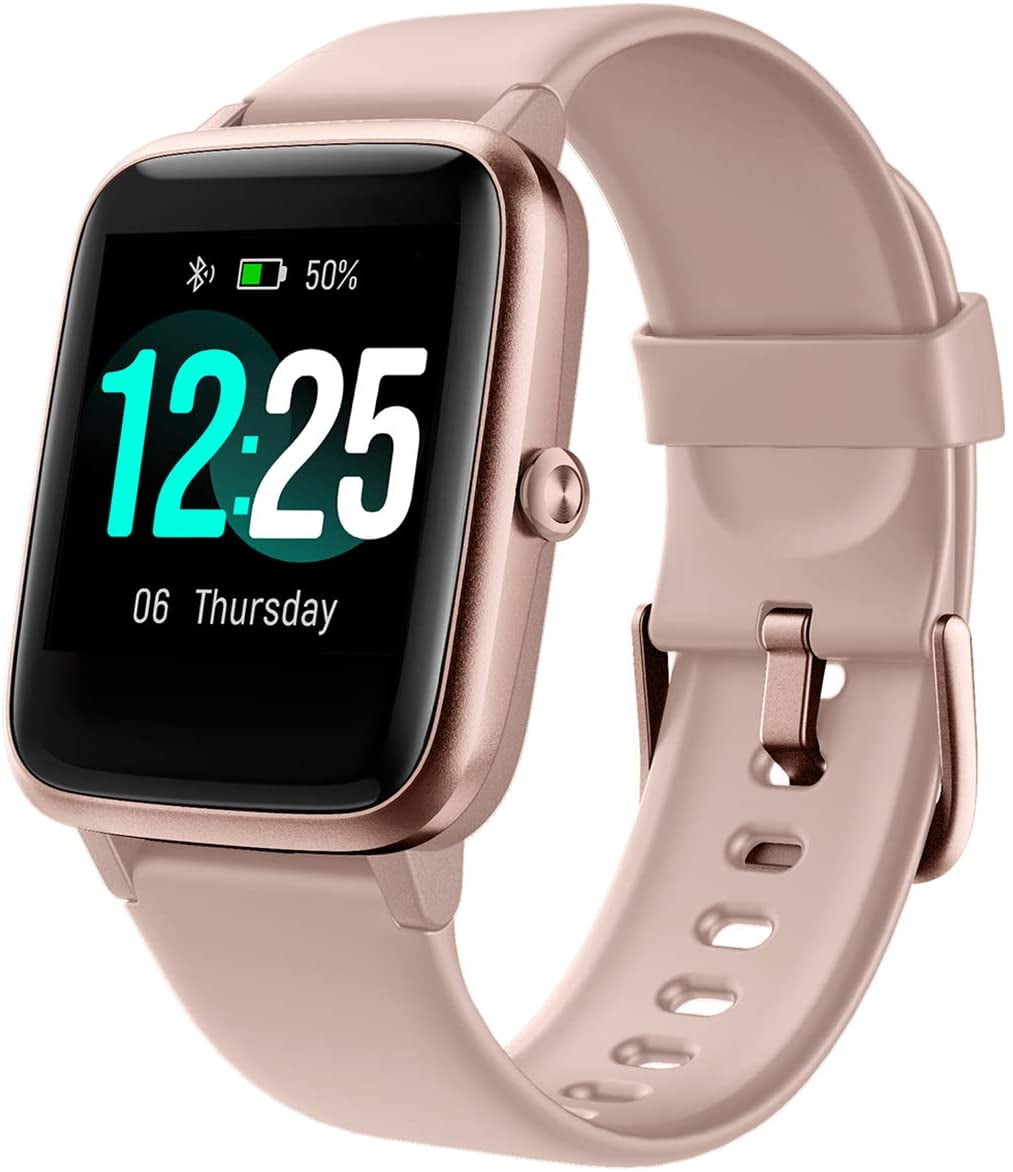
When it comes to dedicated freestanding and under-mattress sleep trackers prices vary greatly, but you can expect to pay £100-250 for the best options. For a premium model with a heart-rate monitor, you’re looking at around £100, and if you’re tempted by an all-singing, all-dancing sleep tracker with GPS sports tracking, prices are more likely to be in the £150-300 range. If you’re looking for dedicated hardware, you can get a basic fitness watch with sleep tracking for £25-£50. How much do I need to spend?Ī smartphone app is a good starting point for sleep-tracking, as it should set you back no more than a few pounds. And if you use one tracker for both sleep and sports, the partner app can pull all that information together to build up a revealing picture of your overall health. If you’re the active type, such designs are well worth a look.Īll-day heart-rate tracking is worth considering too, as this can help you keep tabs on your resting pulse rate – a great indicator of your cardiovascular fitness. Some even feature outdoor sports tracking via GPS.

Many sleep trackers come built into general-purpose sports watches, which also track everyday activity statistics such as steps and calories burned. A long battery life is very desirable too: having to charge a tracker every day is a pain. The goal, of course, is to find what helps you sleep: for example, if you sleep better after exercise, or worse after drinking alcohol, the data from your tracker can help you spot that, and take steps to improve your habits.Īnother worthwhile feature is a smart morning alarm that wakes you up at the right point in your sleep cycle so you don’t feel groggy. If your tracker awards sleep-quality scores, that can make it easy to compare one night with another, and to see how your sleep patterns match up to those of other people in a similar demographic. Some trackers can also provide a graph of your movement overnight, and give information on conditions in your bedroom, such as how hot, humid or noisy it is.īest sleeping earplugs 2022: Reduce nighttime noise from just 35p a pair As a minimum, you want to see your sleep broken down into periods of light and deep sleep, along with any times when you were awake. The most basic sleep trackers just record how long you’ve been asleep for, which is frankly not enough information to be useful. These aren’t quite as accurate as dedicated devices, but they might be more convenient, and are almost always cheaper. There are also plenty of sleep-tracking smartphone apps to consider. Naturally, these devices will only monitor your sleep, but you can expect them to do a terrific job at that. Alternatively, you can opt for a tracker that goes next to your bed, or sits under the mattress. If you’re comfortable sleeping with something on your wrist then you can get an excellent watch-style wearable that also doubles as an everyday activity and sports tracker.
#Smart watch sleep tracker how to#
How to choose the best sleep tracker for youĪsk yourself first of all what sort of tracker you’re looking for. Here’s our guide to what sleep trackers can do for you, along with a roundup of the best trackers on the market. These devices may not directly send you off to the land of Nod, but they’ll help you work out what makes you sleep better – whether that’s ditching the afternoon coffee or going to bed at the same time every night. But there are steps you can take to improve your sleep, and buying a sleep tracker is one of them. Unfortunately, while you can force yourself to go for a run or eat a salad, you can’t force yourself to sleep soundly. Getting enough quality sleep makes you more productive at work, and gives you the energy to exercise studies have even linked poor sleep with overeating.

Nighttime SpO2 is usually lower than daytime SpO2 because your breathing rate is, on average, slower during sleep.Īnd, of course, you get all the fitness measurements (heart rate, cardio scores, and exercise modes), and smartwatch features (on-wrist phone calls, message notifications) though with the notable omissions of Google Assistant and music control compared to the Versa 3.Sleep is a vital part of a healthy lifestyle.
It measures the duration of sleep, and splits this into three Sleep Stages: Light sleep, Deep sleep, and REM sleep.Īlongside Restoration (which measures your sleeping heart rate vs your daytime resting heart rate), it gives you a nightly Sleep Score out of 100, and detailed data on how to improve the quality of your sleep.Īs with the top-end Fitbit Sense, the Versa 4 also measures your SpO2 blood oxygen saturation. Like all Fitbits, it also is a great sleep tracker and boasts an auto-sleep mode that’ll automatically recognise when you’re asleep – no need to set it to a ‘sleep’ mode like with other trackers. Fitbit’s Versa 4 smartwatch is a fully-fledged fitness tracker with built-in GPS and all the activity measurements you could desire.


 0 kommentar(er)
0 kommentar(er)
